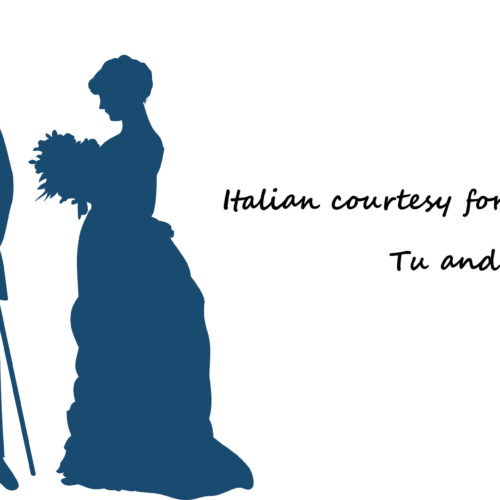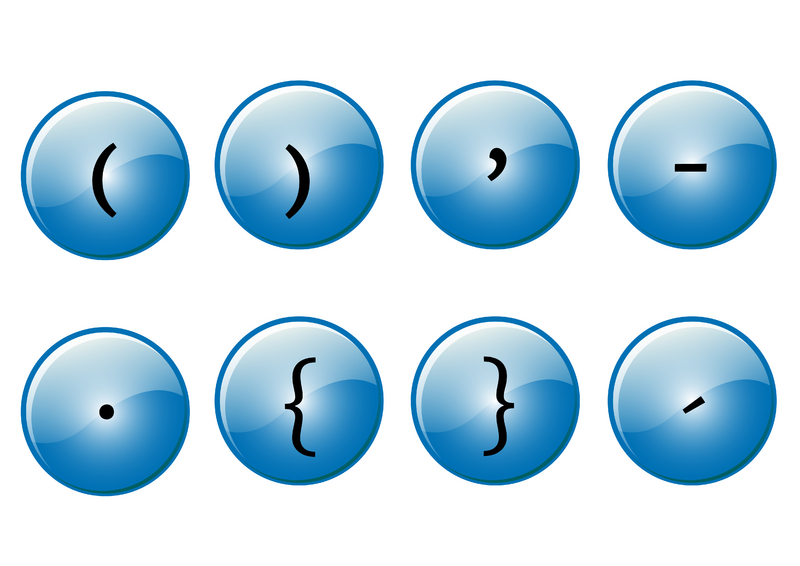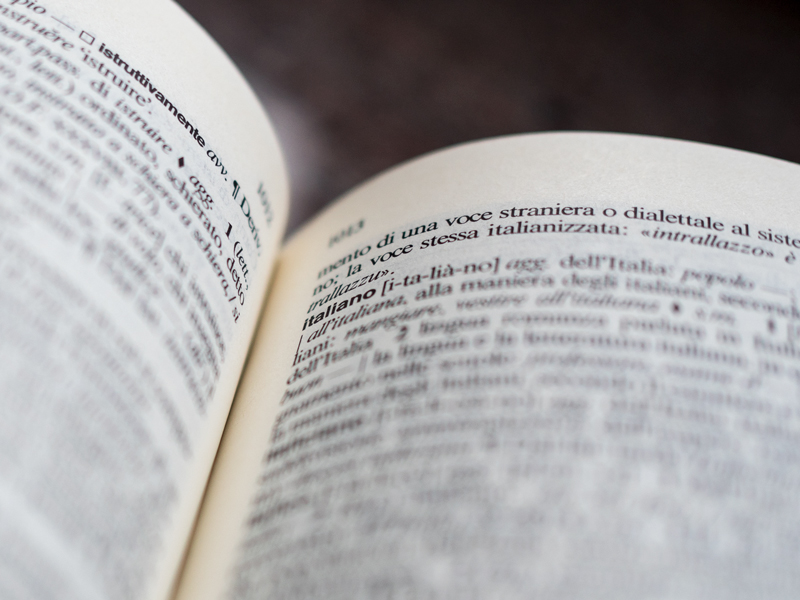The adverb is a part of a speech that doesn’t change (invariable).
The adverb modifies the meaning of an other word (generally a verb).
Normally the adverb stays after the verb or before an adjective.
Examples:
Maria mangia molto.( In this case the adverb comes after the verb)
Maria è molto bella. ( In this case the adverb comes before the adjective)
In English, adverbs are often formed by adding the suffix -ly to adjectives: slowly, softly, surely. Adverbs often answer the question: come? (how?), quando? (when?), or dove? (where?)
In Italian, many adverbs are formed by adding the ending -mente (which corresponds to the suffix -ly) to the feminine form of the adjective:
Adjective Adverb
– Felice(happy) Felicemente (happily) I’m happily married.
– Lento ( slow) Lentamente ( slowly) I spoke slowly.
– Certo(sure) Sicuramente ( surely) The results are surely encouraging.
In Italian there are different kinds of adverbs in relation to their function:
– Time: it indicates where the action is developed: Maria vive ancora con suo marito.
– Adverbs of time are: ora, adesso, sempre, allora, spesso, ancora, prima, dopo, durante.
– Place: it indicates the quantity of an action: A Natale vado lassù in collina.
– Adverbs of place are: quassù, qui, qua, laggiù, lassù.
– Manner: it indicates how the action is developed: Maria ha pulito accuratamente la sua casa.
– Adverbs of manner: usually these adverbs are a transformation of qualifying adjectives or others are original words:così, male, bene,apposta.
– Quantity: it indicates the quantity of an action: Maria ha cucinato parecchio ieri sera.
– Adverbs of quantity are: nulla, poco, niente,parecchio, assai, tanto, molto.
– Affirmation, negation or doubt: Forse Maria parte domani.
– Adverbs of aff.neg.or doubt are: probabilmente, forse,neanche, nemmeno, per nulla, davvero, veramente, esattamente.
– Interrogative: Perché loro si annoiano?
In this case the interrogative adverbs are: come, quando,come, dove, quanto.
Exercise A: change the following adjective into adverbs:
Lento……..
Sicuro……..
Pratico……..
Solito……….
Stanco………
Logico………
Chiaro………
Amichevole…….
Male……..
Answer: lentamente, sicuramente, praticamente, solitamente, stancamente, logicamente, chiaramente, amichevolmente, malamente.
( ma l’utente non vede le risposte, le metti tu nascoste).
Exercise B: choose the correct option (fai la scelta giusta):
1) …….andrò al mare.
° domani
° ieri
° prima
2) Ceneremo ……….di andare al cinema.
° dopo
° prima
° ieri
3) ……….ho compiuto 15 anni.
° domani
° oggi
° Fra un giorno
4)………..sono partito per Londra.
° domani
° fra una settimana
°ieri
5) Sono andato ad Aspen in vacanza…….
° oggi
° stanotte
°l’anno scorso
Answers:
1) domani
2) prima
3) oggi
4) ieri
5) l’anno scorso
By Elisa Bressan





































